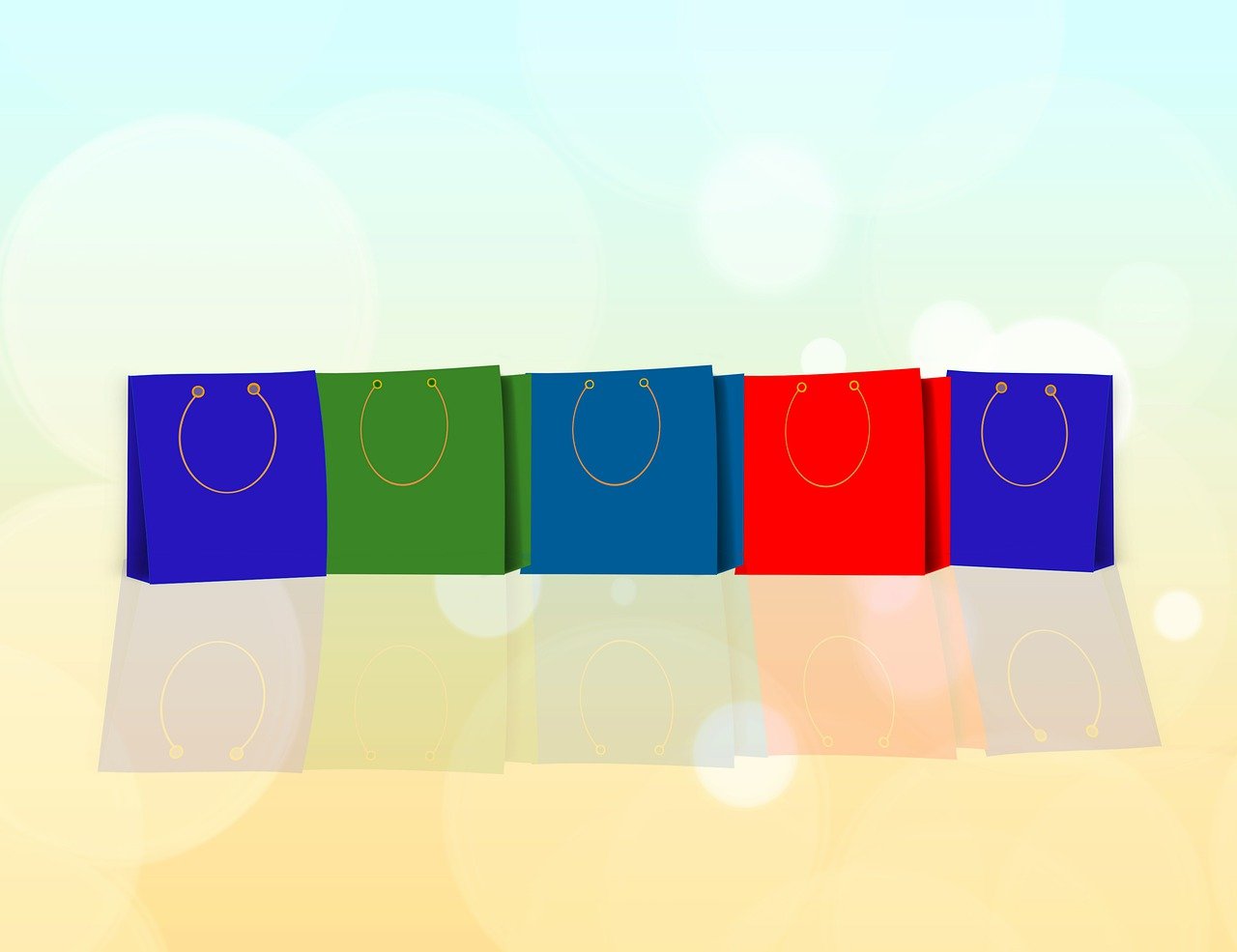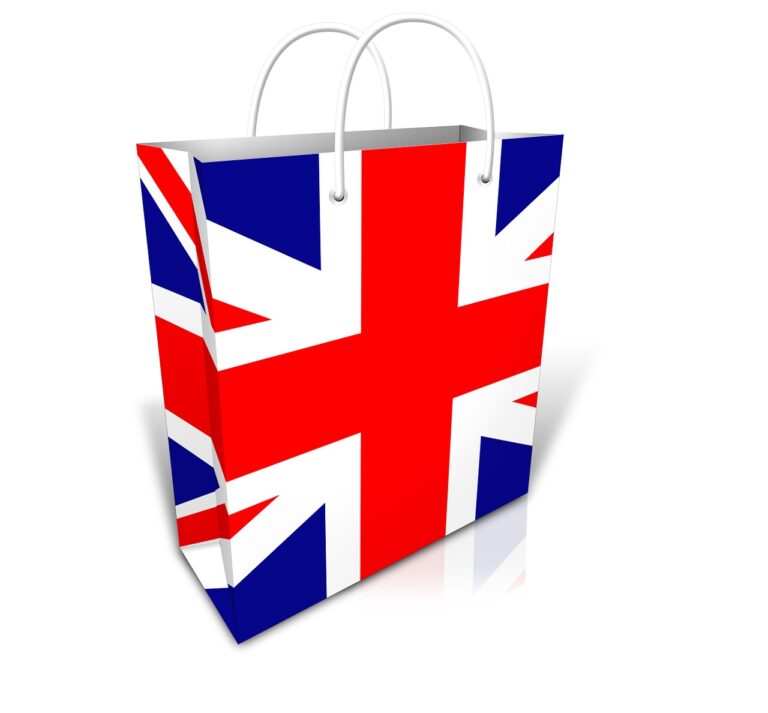Gold365: The Rise of Eco-Friendly Fabrics in Fashion Retail
Gold365, Gold 365: Sustainability has become a key focus in the fashion industry, and the rise of eco-friendly fabrics is a significant trend observed in recent years. Gold365 emphasizes the importance of using materials that are not only stylish but also environmentally responsible. Many fashion retailers are now opting for eco-friendly fabrics such as organic cotton, bamboo, hemp, and recycled polyester to reduce the impact on the environment.
The increasing demand for sustainable and eco-friendly clothing has prompted fashion brands to incorporate these fabrics into their collections. Gold365 highlights the benefits of using such materials, including reducing water consumption, air pollution, and chemical usage in the production process. By choosing eco-friendly fabrics, fashion retail brands can contribute to a more sustainable and environmentally conscious industry.
Gold365: Innovative Textile Recycling Methods in the Fashion Industry
The fashion industry has been undergoing a significant transformation with the increasing emphasis on sustainability and eco-friendly practices. Gold365 is at the forefront of this movement, pioneering innovative textile recycling methods that are revolutionizing the way garments are produced and disposed of. By harnessing advanced technologies and processes, Gold365 is able to transform old and discarded fabrics into new, high-quality materials, reducing the environmental impact of fashion production.
Through their commitment to sustainability and innovation, Gold365 is setting a new standard for the fashion industry. By adopting these cutting-edge textile recycling methods, fashion brands can not only reduce their carbon footprint but also contribute to the circular economy. With Gold365 leading the way, it is clear that the future of fashion lies in sustainable practices that prioritize the well-being of the planet and its inhabitants.
Gold365: Sustainable Dyeing Techniques for Environmentally Conscious Fashion Brands
Sustainable dyeing techniques have become a focal point for environmentally conscious fashion brands looking to reduce their ecological footprint. Gold365 embraces this movement by adopting innovative methods that prioritize the planet’s well-being without compromising on vibrant, high-quality colors in their clothing. By utilizing natural dyes derived from plants such as indigo, madder root, and turmeric, Gold365 ensures that their dyeing processes remain eco-friendly and sustainable throughout every step of production.
In addition to natural dyes, Gold365 also explores cutting-edge techniques like waterless dyeing and digital printing to minimize the environmental impact of their garments. By incorporating these advanced practices into their production processes, Gold365 sets a new standard for sustainable fashion in the industry. These efforts not only benefit the environment but also resonate with consumers who are increasingly seeking out brands that prioritize sustainability and ethical practices in their design and manufacturing processes.
What is Gold365?
Gold365 is a sustainable fashion initiative focused on promoting eco-friendly practices in the fashion industry.
How is Gold365 changing the fashion retail industry?
Gold365 is promoting the use of eco-friendly fabrics and innovative textile recycling methods to reduce the environmental impact of fashion production.
What are some examples of sustainable dyeing techniques promoted by Gold365?
Some sustainable dyeing techniques promoted by Gold365 include natural dyeing methods, water-saving dyeing processes, and the use of non-toxic dyes.
How can fashion brands implement Gold365’s sustainable practices?
Fashion brands can implement Gold365’s sustainable practices by sourcing eco-friendly fabrics, adopting innovative textile recycling methods, and incorporating sustainable dyeing techniques into their production processes.
Why should fashion brands consider partnering with Gold365?
Fashion brands should consider partnering with Gold365 to demonstrate their commitment to sustainability, attract environmentally conscious consumers, and contribute to the global effort to reduce the fashion industry’s environmental footprint.





